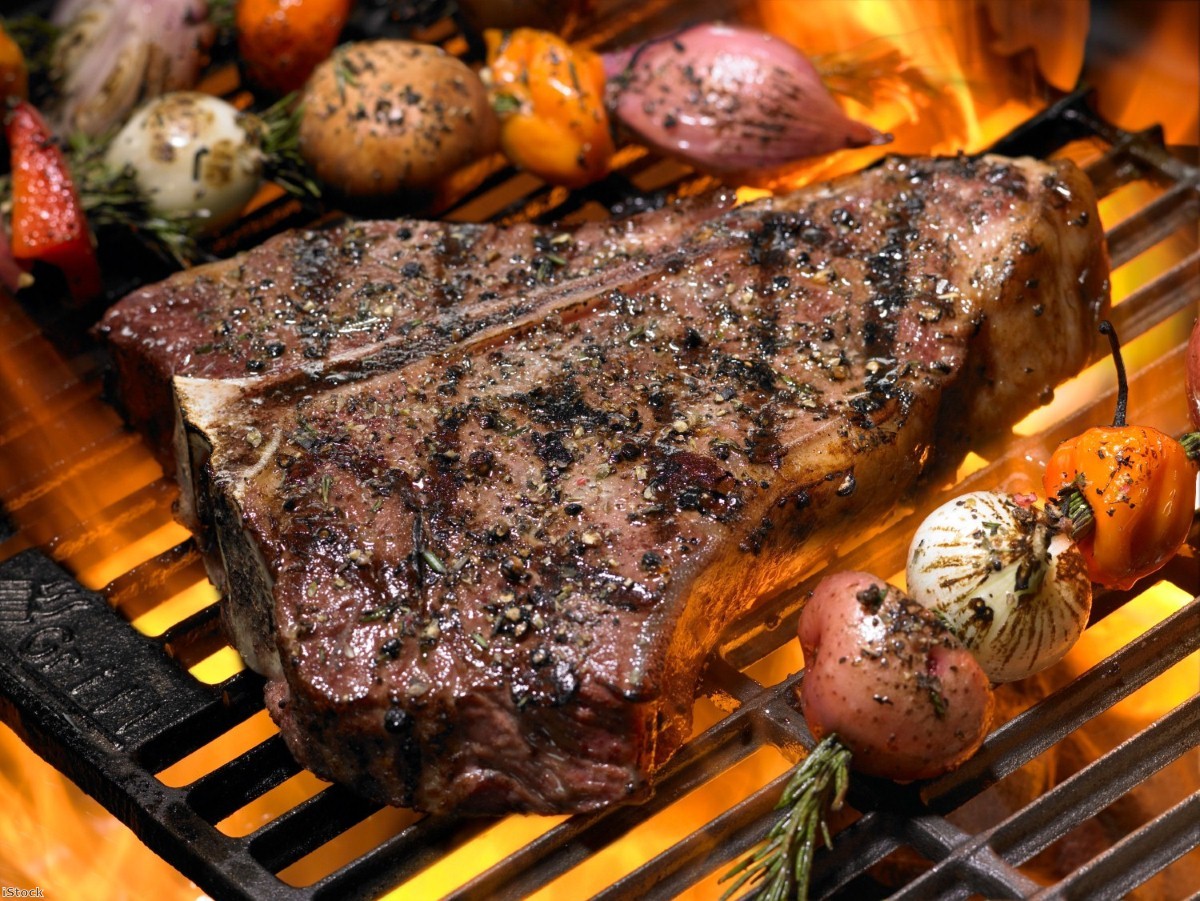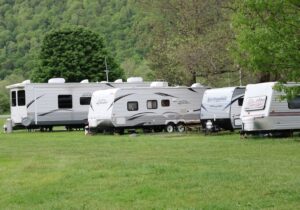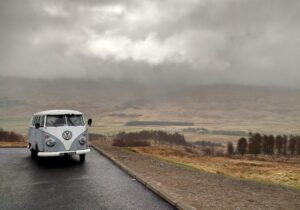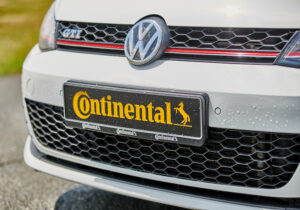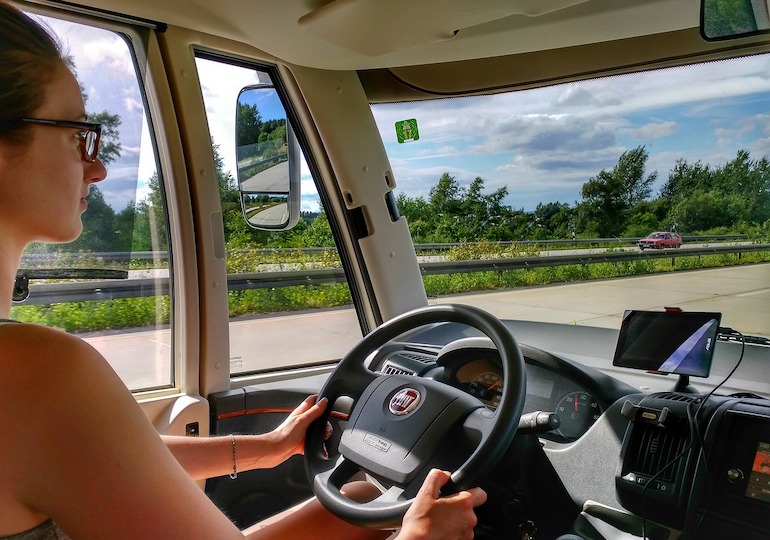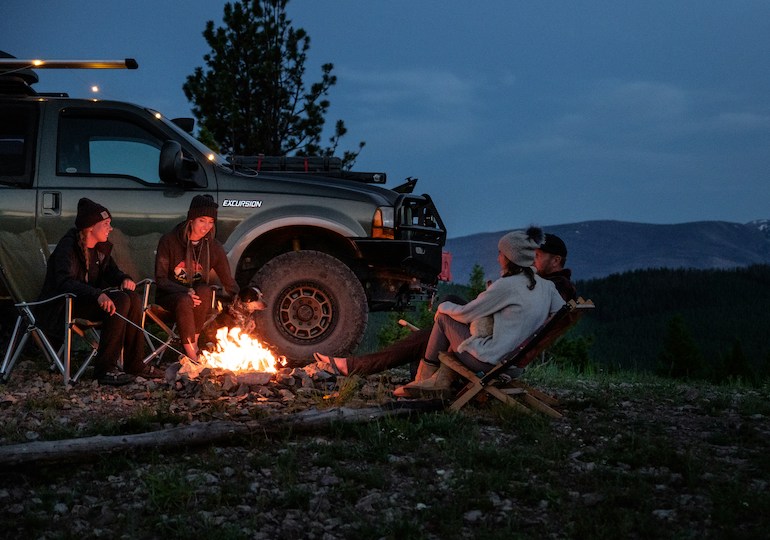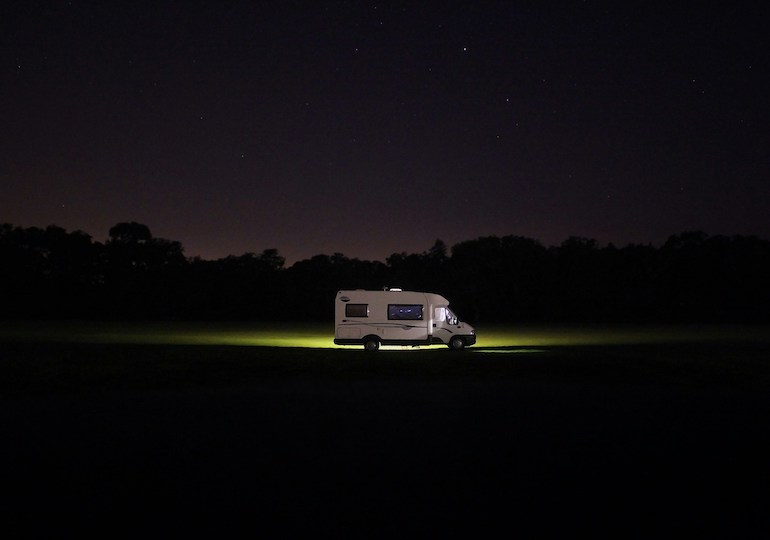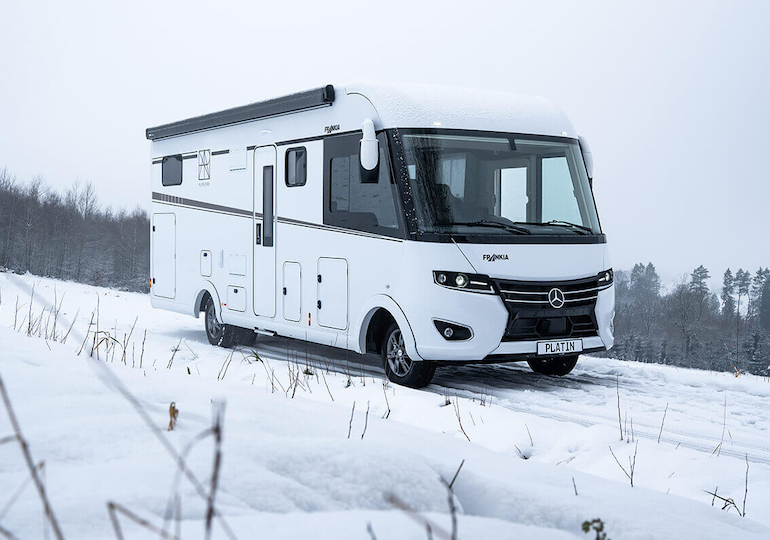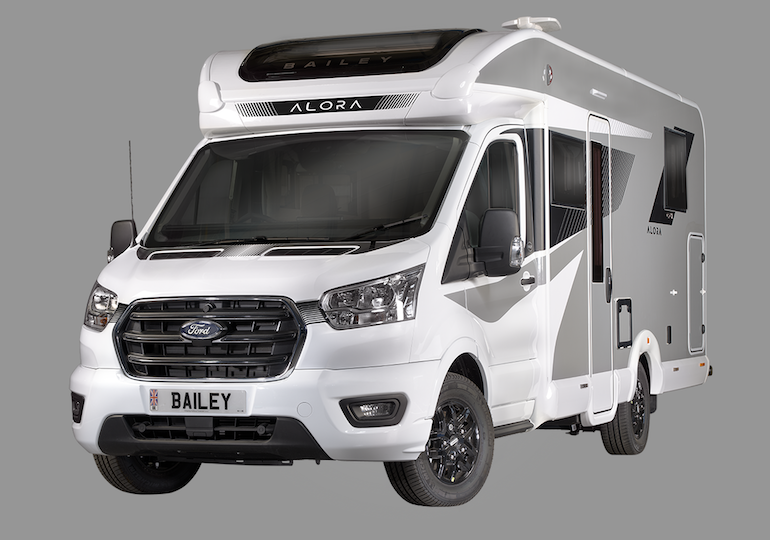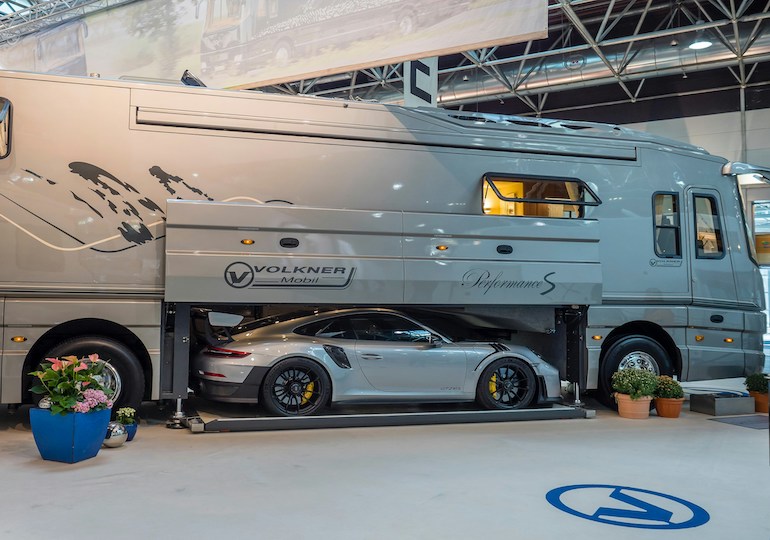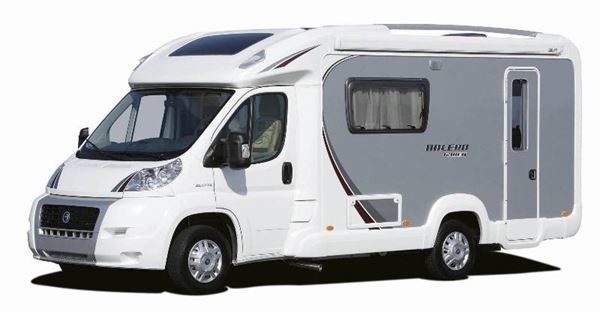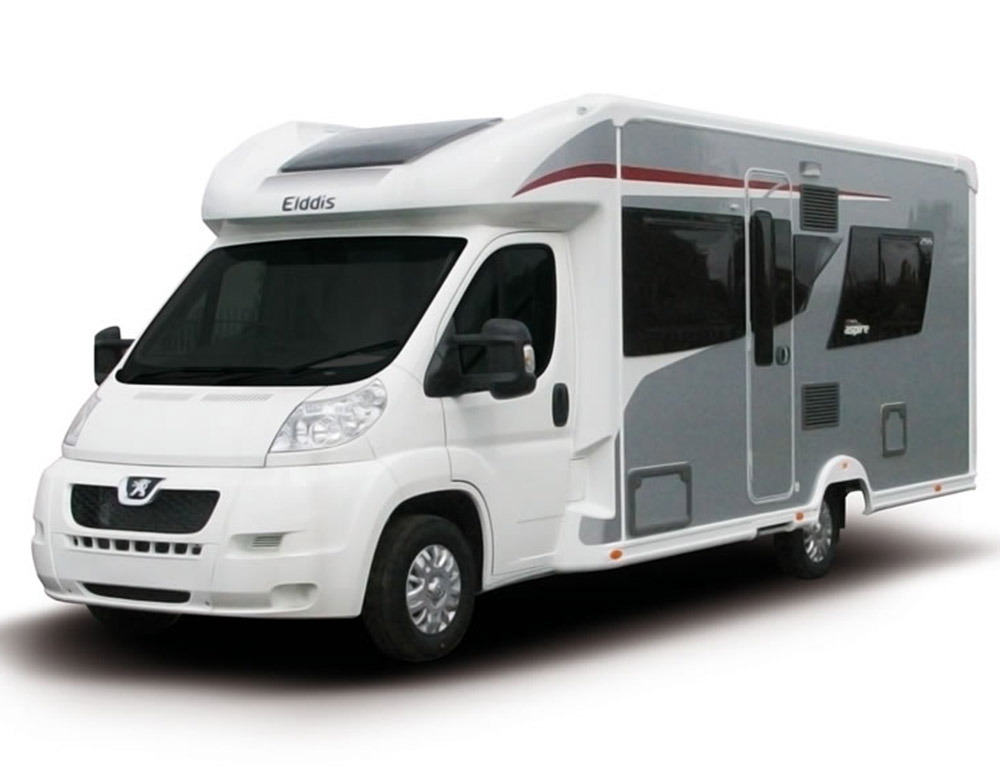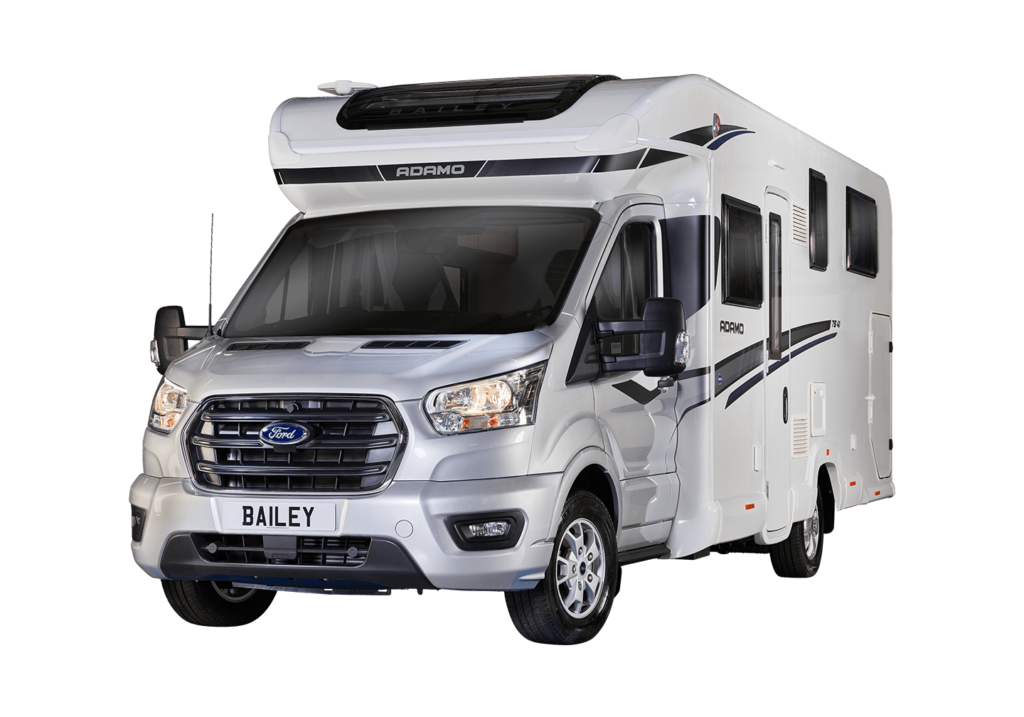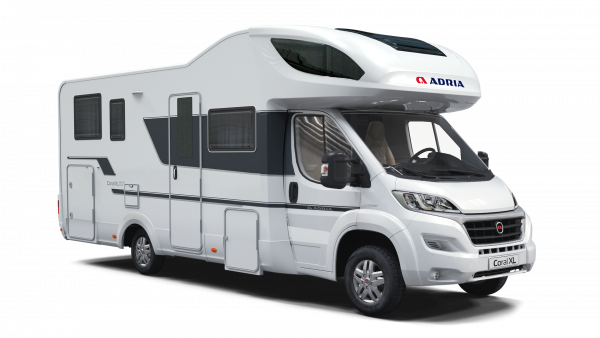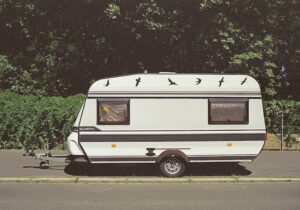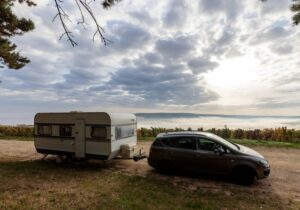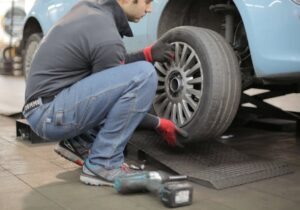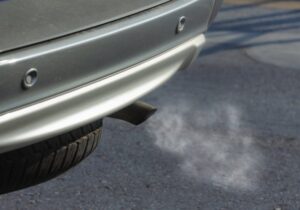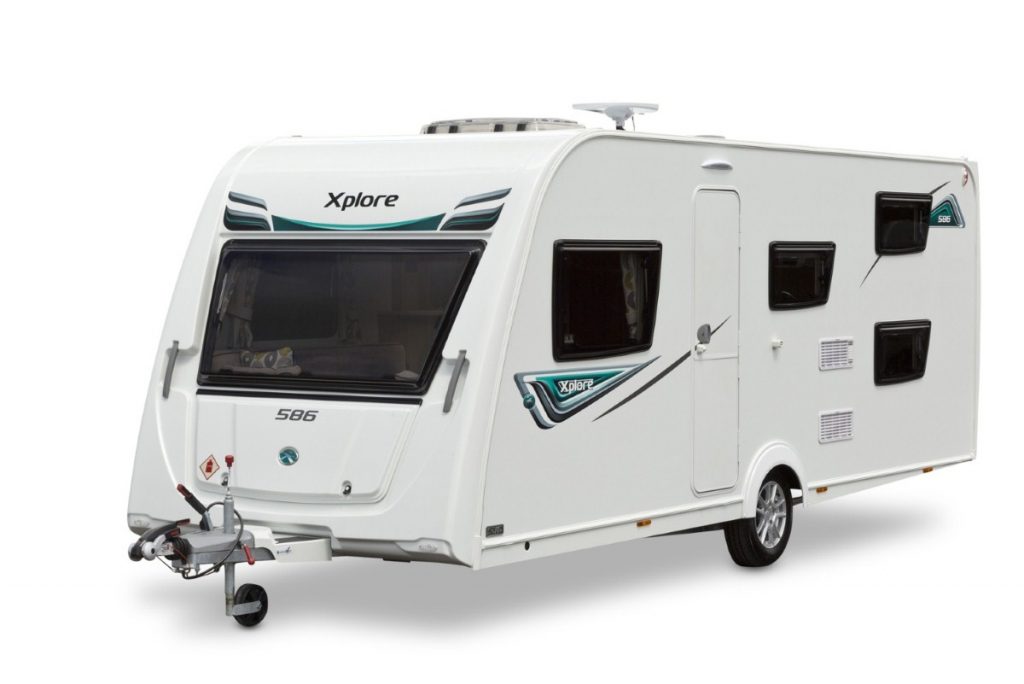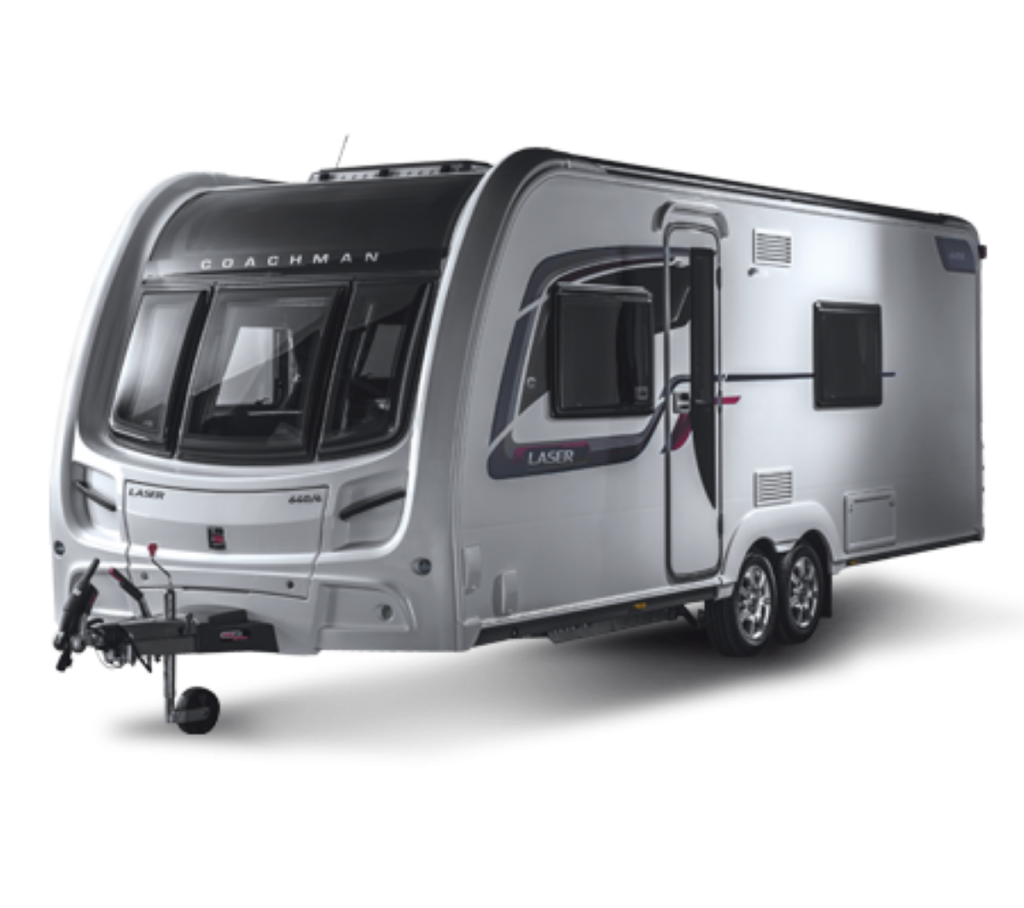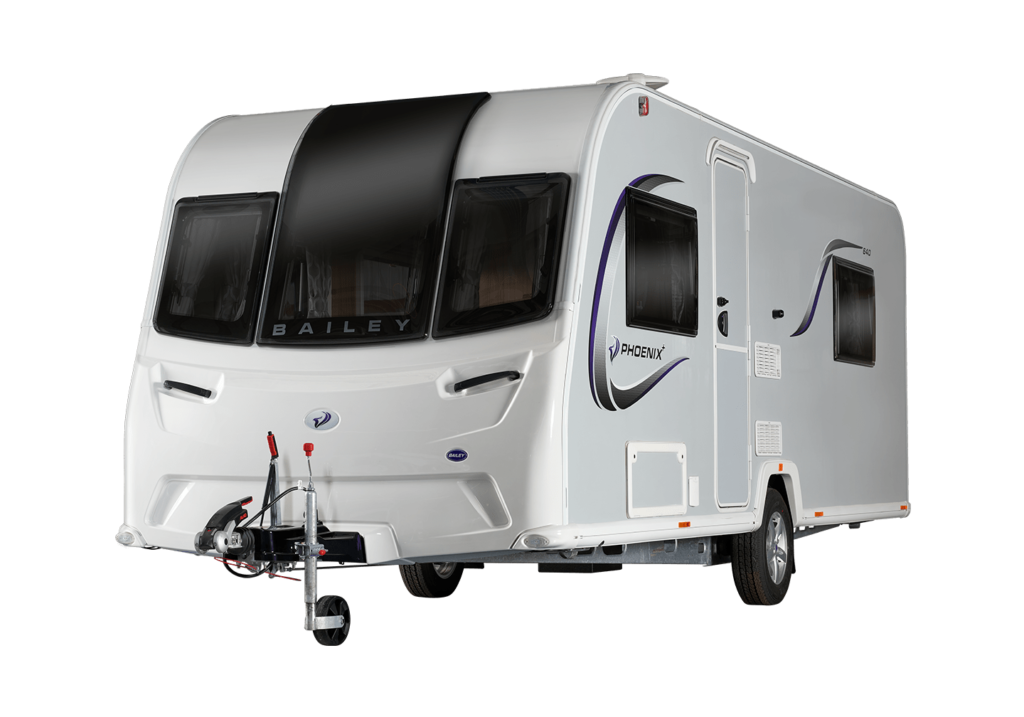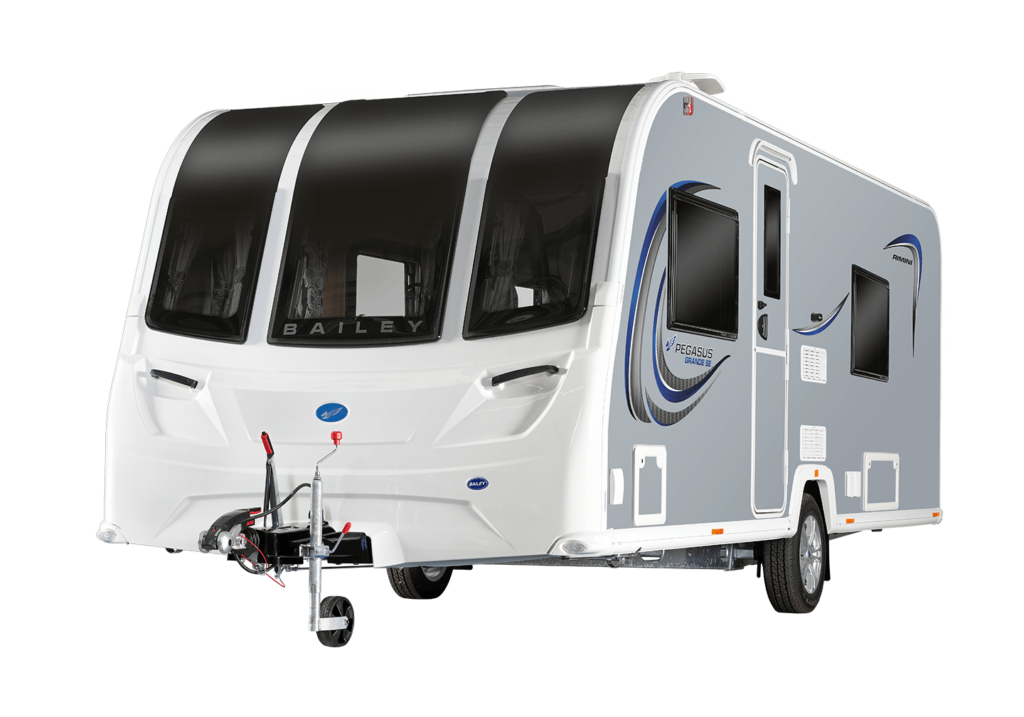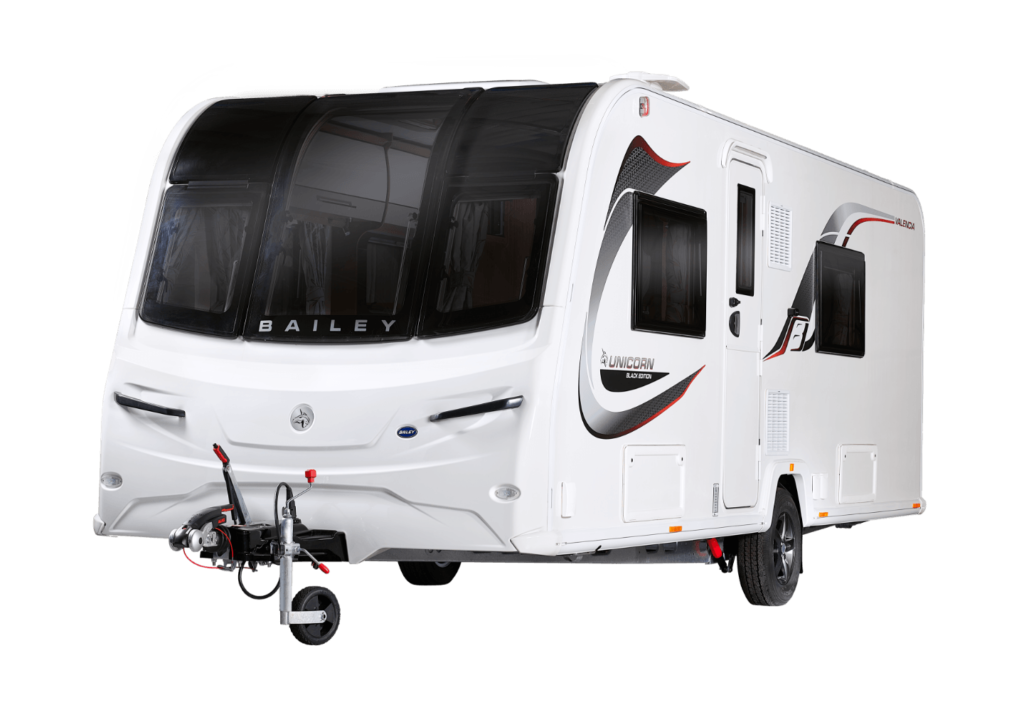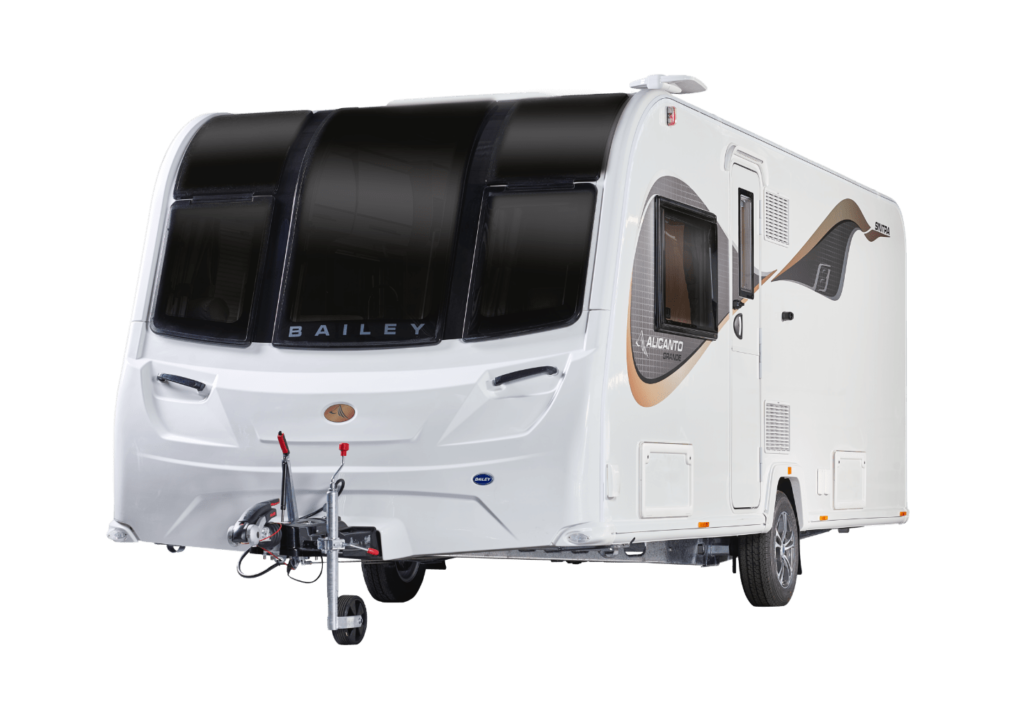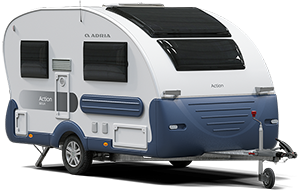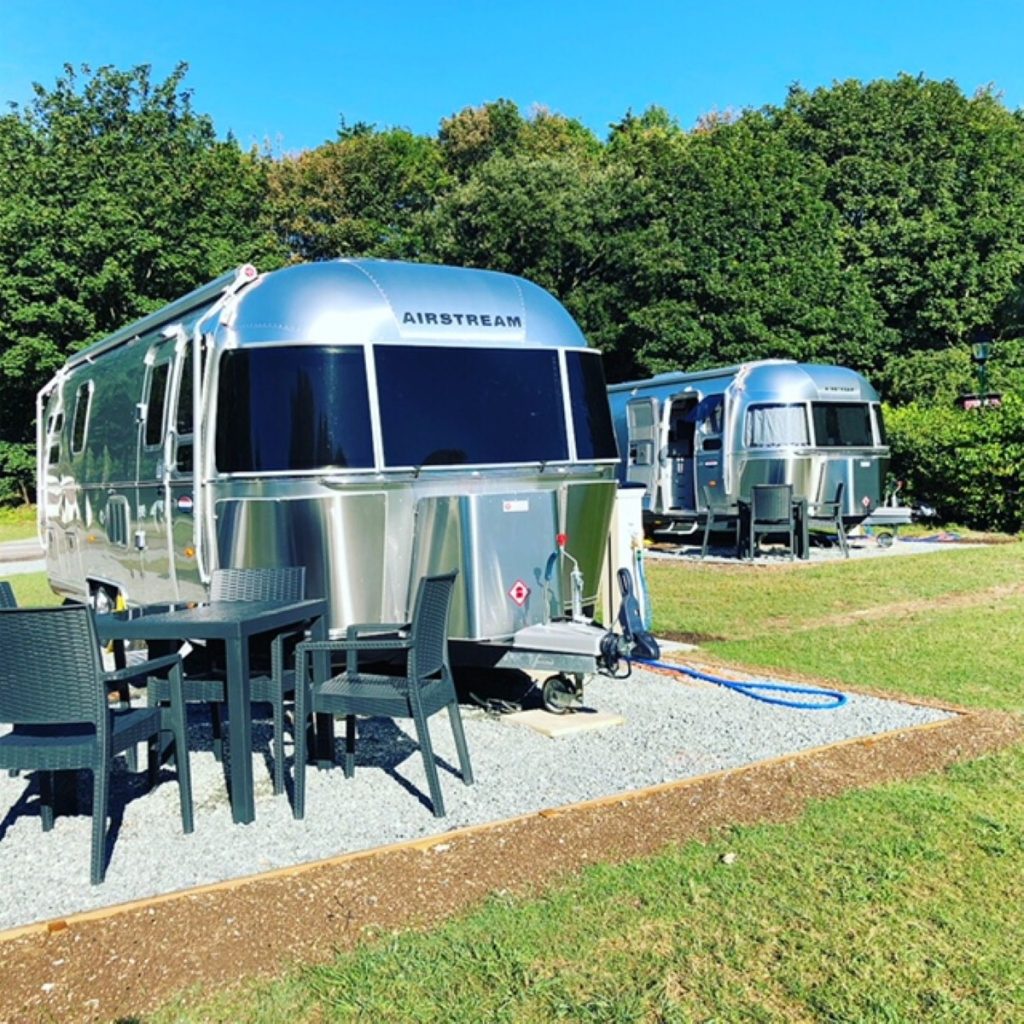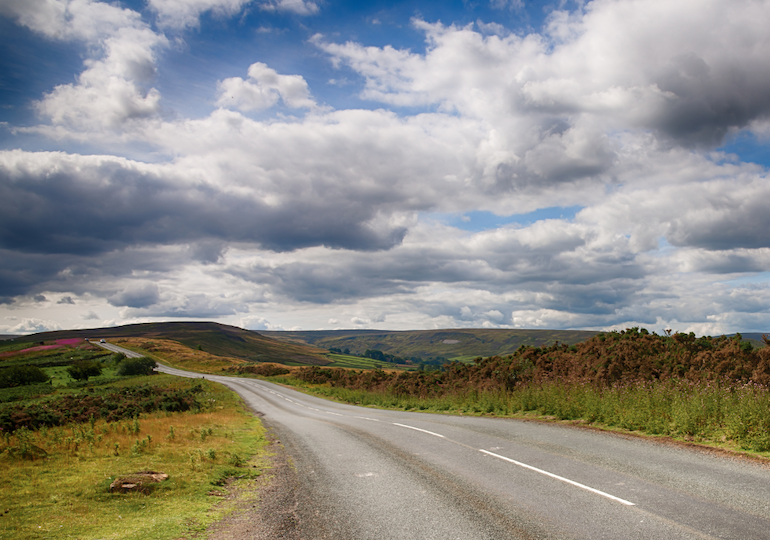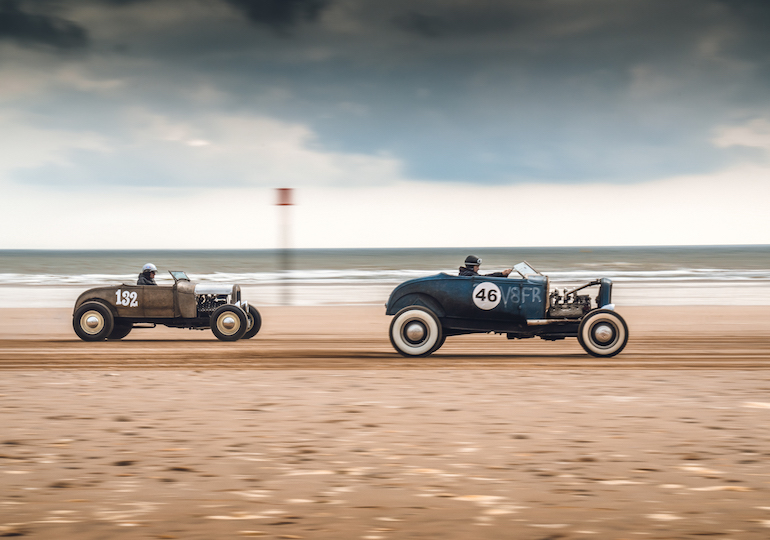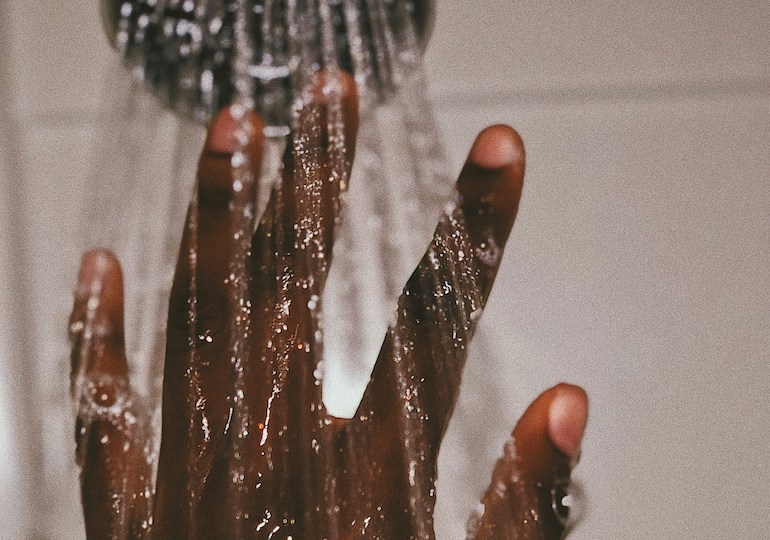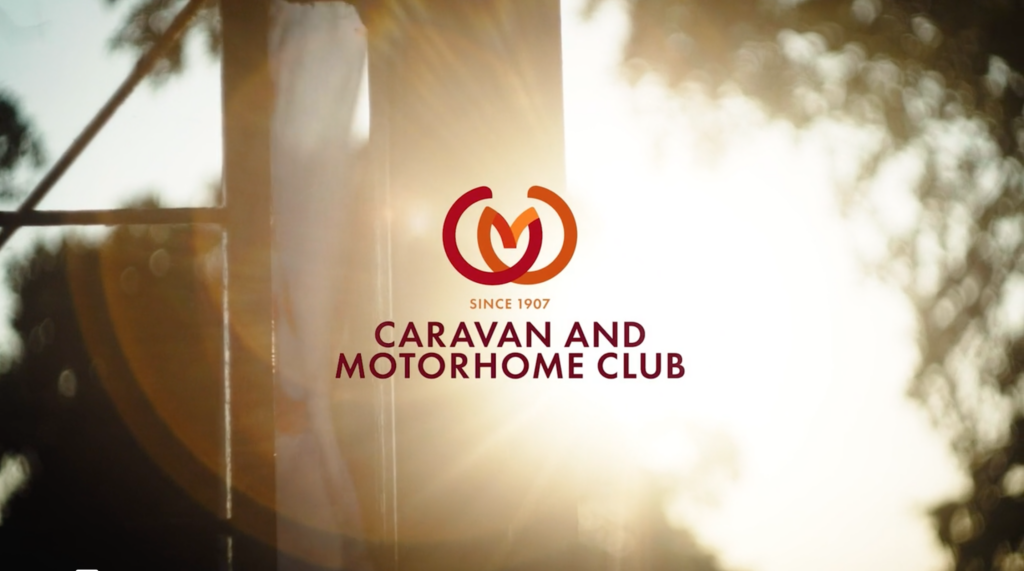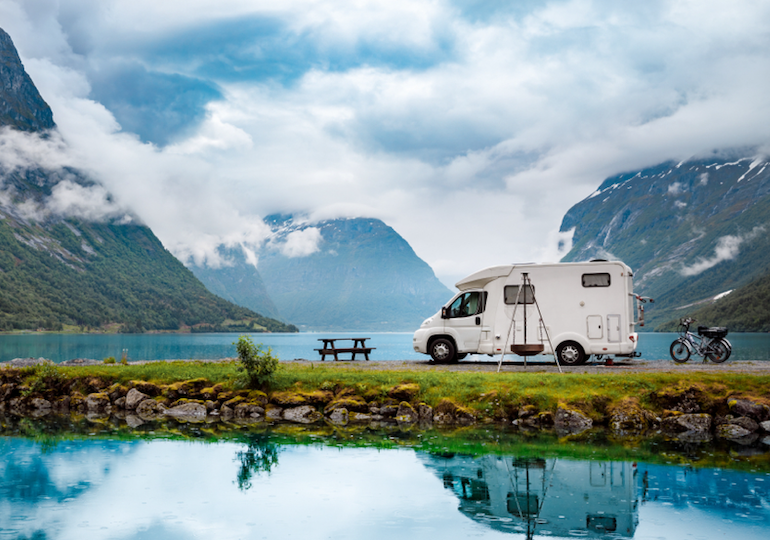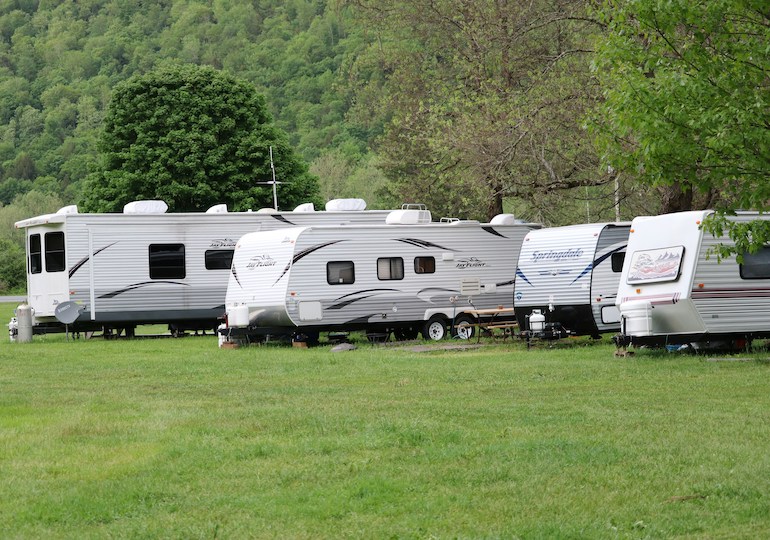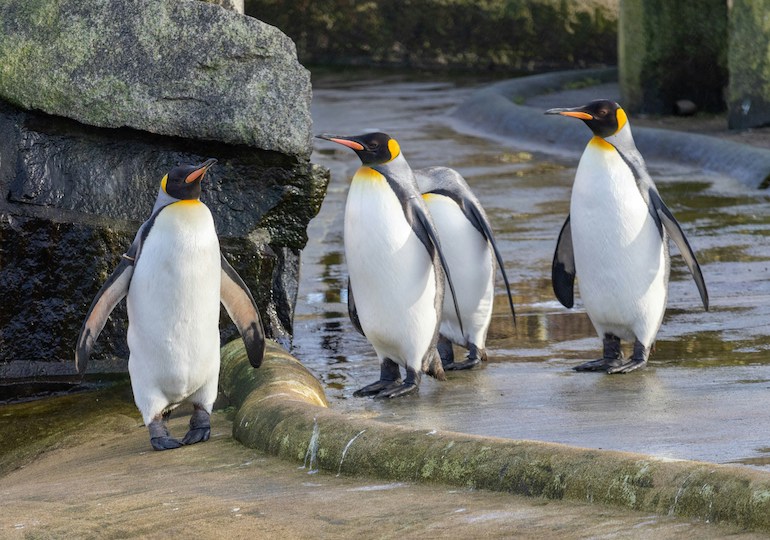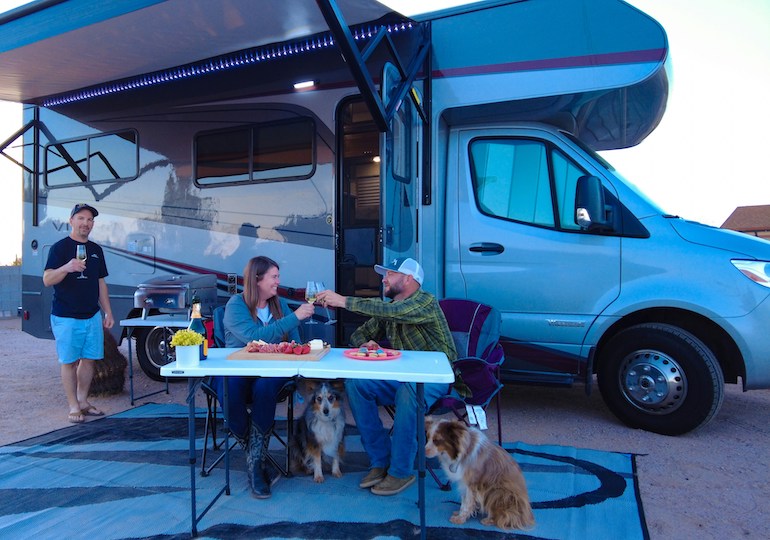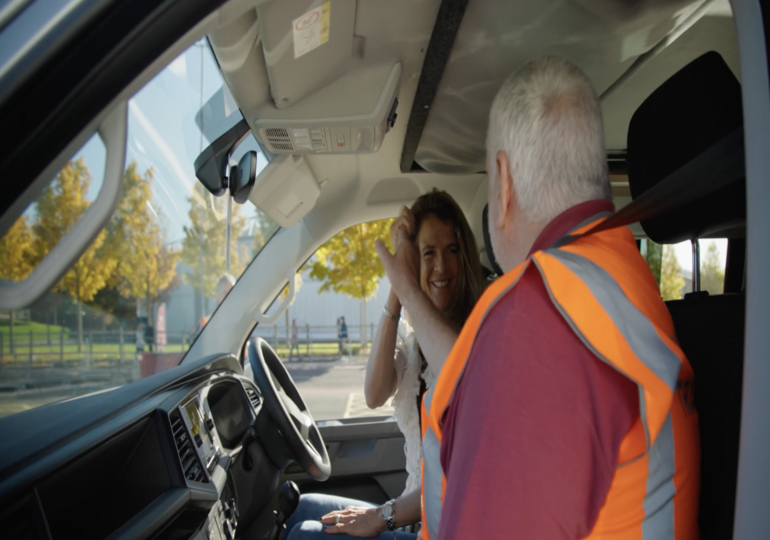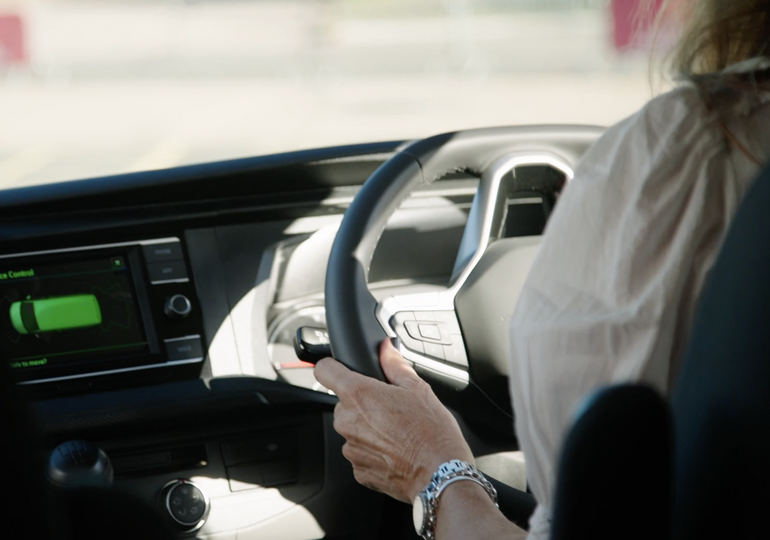by David Bates
All you need to make your next barbecue your best
At CaravanTimes we love nothing more than a summer evening spent over the grill. After all, there’s nothing more pleasing than whipping up a culinary storm, braving the elements and mastering your barbecue, all under your caravan’s watchful eye.They aren’t however, always the smoothest of operations; too hot, not hot enough, not enough space, fat dripping fires, rain, excited children and precious pets running too close to the flames – the list of potential stumbling blocks is endless. With that in mind, here are our ten steps to negotiating potential hiccups and creating an al fresco feast to be proud of.
1. Choosing the right BBQ for you; charcoal or gas?
This really comes down to personal preference.
Gas BBQs are easier to operate and even the least gifted griller can achieve great results; they heat up quicker and are easier to clean. Conversely, gas canisters can be awkward to transport and your caravan’s inbuilt gas attachment can be a tripping hazard, or may not clear your awning (more of this in the safety section).
You’ll get much more bang for your buck with a charcoal grill. They are lighter, easier to build, rebuild and transport. Purists are right to insist too that only charcoal units provide that authentic smoky flavour. On the downside, they are much harder to light and far messier.
The choice is yours. But make sure you consider your needs before an ultimate decision.

2. Invest in a good grill.
American manufacturer Weber and South African ‘braai’ specialists Cadac both offer a fantastic range of easily portable barbecues, perfect for your summer caravan holiday.
Weber’s BBQs tend to be pricey, but are bursting with bells and whistles. For those economising on space, the Smokey Joe is a stand-less grill retailing at £59.99. Its gas equivalent is the Go-Anywhere Gas (£129.99). Alternatively, the Original Kettle is more substantial and retails for £169.99. Their top of the range kettle BBQ, the Mastertouch, is expensive at £259.99, but comes with a rust-resistant ash-catcher, a concealed lid holder that functions as a wind-shield and a customisable grill. The Weber Q1200 gas grill is an easily transportable BBQ perfect for any caravanner, which sells for £279.99. All of Weber’s charcoal grills come with a ten-year limited warranty, with their gas BBQs offering a five-year warranty respectively.
The Cadac Charcoal Pro has a similar ash-catcher to the Weber Mastertouch and is cheaper, priced at £149.99, but lacks the bespoke features which vastly improve the range of potential dishes. Alternatively, there is the Weber Leisure-Chef, which at £179.99 is significantly cheaper than Weber’s gas-options but still boasts the same grill-customising options.
3. Whether charcoal or gas: be safe. Nothing ruins a summer’s night like third degree burns.
Be sure to avoid any slip ups by following these simple safety tips:
– Find a flat area of land and make sure your BBQ is securely grounded.
– Keep playing children, or pets away from your grill.
– Have at least one person supervise the BBQ at all times. This ensures your fire is kept under control and no food is burnt.
– Keep a dry powder fire extinguisher on hand.
– Pouring water onto hot coals produces extremely hot steam.
– NEVER BBQ inside, not even if it’s cold.
– Barbecuing underneath your caravan awning increases fire-risk and can potentially lead to toxic accumulation of carbon monoxide.
– A foil tray underneath large joints of meat can prevent flare ups from dripping fat.
– No matter how stubborn your coals, refrain from using petrol. It is not only extremely dangerous, but it will also ruin that wonderfully smoky BBQ flavour.
– If you’re connecting your barbecue to your caravan’s intrinsic gas supply, make sure any tubes are firmly fastened to the floor. Similarly, if you’re using a flexible gas supply ensure it’s out of harm’s way.
4. Create the perfect charcoal BBQ:
– Gas grills ignite in an instant. The perfect charcoal grill requires more artistry.
– Consider a chimney starter, which can be picked up for around £10 and will allow you to do away with any lighter fluid or fire lighters which could hamper your barbecue’s flavour.
– A chimney starter is a cylindrical device, the bottom of which is filled with paper, with charcoal piled above. You simply light from the bottom, allowing the fire to spread to the charcoal (when done in the drum of your BBQ, the paper tends to burn out before the coals can ignite), which is then poured into your grill drum once it is ash gray. Chimney starters are equipped with heatproof handles, but always use an oven glove when transferring the coals.
– If you don’t fancy a chimney starter; try layering the bottom of your drum with coals, placing firelighters on top and igniting. Then, using tongs, quickly add coals in a heap to cover the fire lighters (being careful not to do so too compactly). Again, leave to burn until the coals are ash gray.
5. Be en place:
– Improve flavour and reduce hassle by preparing any marinades the night before.
– Do not add salt to marinades you intend to leave for over two hours, it will dry out your food. Lemon and lime juice should be treated with the same caution.
– Add any salt in the two hours prior to cooking.
– Flaked chef’s salt such as Maldon, though fantastic, will fall off into your barbecue. Instead, use fine sea salt.
– If you’re using coals, light well in advance. If you’re having guests, the smell of burning coals, and maybe a few appetisers, will draw them in.
– Any food stored in the fridge should be allowed to reach room temperature before grilling; this will ensure outsides are not overdone by the time the inside is cooked.
6. Adapt your methods to suit your meat.
– Anything boneless, which is under three to four centimetres thick, can be cooked over direct heat. If it is any larger, or has a bone, indirect heat is preferable.
– On a gas cooker, heat the grill extensively and then turn off the burner directly beneath the joint.
– When using a charcoal grill, heat thoroughly, keeping the lid closed, and then using a suitable implement (long tongs you’re not using to handle food), move the charcoal to the grill’s edge, leaving the food in the middle. This is especially important when cooking large joints of meat.
7. Don’t be afraid to experiment.
Peruvian chef Martin Morales, of Andina, London, recommends anticuchos, which are traditionally made with ox heart, or for the faint hearted, rump steak.
The following recipe provides enough for four:
– 600g rump steak or ox heart, trimmed and cut into thin strips.
You’ll need the following for the marinade:
– Half yellow pepper, deseeded and chopped
– Half scotch bonnet chilli, deseeded and chopped
– Two garlic cloves, crushed
– Two tbsp olive oil
– 125ml red wine vinegar
– One tbsp ground cumin
– One tsp dried oregano
– Salt (to taste)
And for the chilli sauce:
– Half yellow pepper, deseeded and chopped
– Half scotch bonnet chilli, deseeded and chopped
– 50g mayonnaise
– Two tsp red wine vinegar
– Two tsp vegetable oil
– Two garlic cloves, crushed
– A pinch of dried oregano
– A pinch of salt
Method:
1. Slice your meat into thin strips, removing any excess fat.
2. Either blitz or finely chop and mix all marinade ingredients.
3. Place chopped meat in a bowl and pour the marinade on top. Refrigerate overnight if possible.
4. For the chilli sauce, chop and mix all ingredients. Make sure it isn’t too runny.
5. Put the meat onto wooden skewers (soaked to prevent burning), saving some marinade for basting.
6. Grill the meat-filled skewers for about two minutes each side, while basting to give the meat a glorious sheen.
7. Enjoy.

8. Optimise cooking with these hacks:
– Allow extra cooking time on colder days, don’t retreat under your awning!
– Try to avoid allowing individual pieces of food to touch, this prevents them from cooking evenly.
– Opening the lid repeatedly and excessively turning food releases heat. Instead, work out your cooking times and set a halfway timer for flipping food.
– Use kitchen roll to lightly grease the grate before you start cooking, this will reduce sticking which can often lead to food being pulled apart.
– Remove excess marinade before cooking to inhibit burning.
9. Accessorize:
– Long handled tools are invaluable. Invest, and forget the days of burnt hands and give yourself a little breathing space from the heat of your barbecue.
– Always bring sufficient utensils to handle raw and cooked foods separately.
– Look for the best possible charcoal. According to Jeremy Lee of Quo Vadis, London, “the smoke is an ingredient in itself”.
– Try adding different wood types to alter the flavour. Hardwood for smokiness, applewood will impart a sweeter flavour or hickory for that bacon-like kick.
10. Go seasonal for accompaniments:
– Sweet corn, that old BBQ favourite, not to mention courgettes, plums and apple are all in season and excellent grilled.
– New potatoes are perfect this time of year, accompany your meat with a delicious, summery potato salad.
– Lettuce, peppers, tomatoes, spinach and watercress are all at their peak in summer.
– Raspberries, blackcurrants, gooseberries and strawberries make the perfect seasonal pudding to a barbecue.

